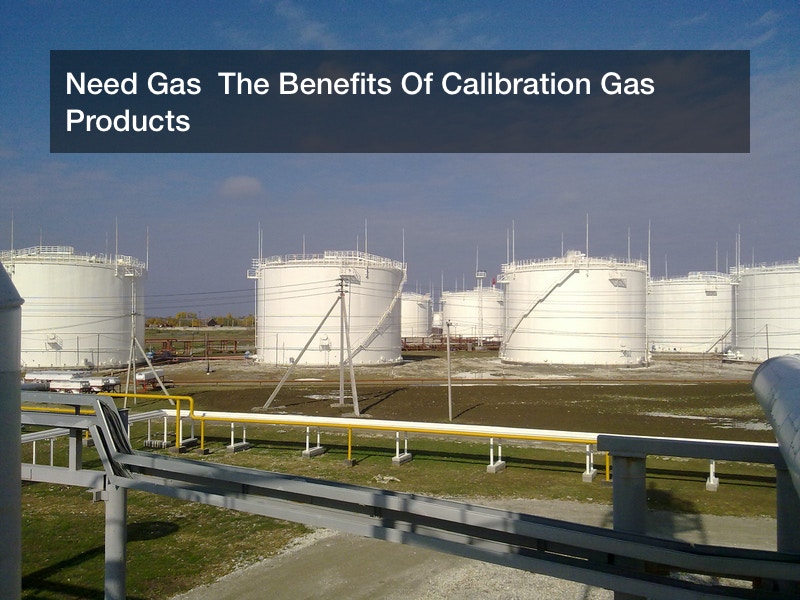

Large buildings like high rise apartments, offices, and hotels are modern marvels of engineering that are able to house hundreds of visitors in comfort. Of course, with more people you have more potential for chaos as limitless factors could lead to property damage or even a fire. In fact, there are four property classes that account together for over half of all high rise fires: apartments, hotels, offices, and facilities that care for the sick. Hotel and motel fires alone cause an estimated 14 deaths and 150 injuries every year and property damages that result in an accumulated $76 million every year. Hotels are obligated to provide a safe experience for their guests, this is why many hotels invest in the most advanced means to combat and prevent fires.
Understanding the Nature of Fire
In the case of a fire, it is important that employees know how to successfully combat a fire before it spreads dangerously out of control — in order to do this, one must have some familiarity with the different classes of fire and using certified fire extinguishers to combat each. Class A fires are likely those people are most familiar with: it is a fire that results from solids such as paper, wood, and plastic that has combusted. A Class B fire on the other hand is from flammable liquids such as paraffin, petrol, oil, and others — do not put water on these fires! Class C fires are those from flammable gasses like propane, butane, methane, and others. A Class D fire is that which involves ignition metals like aluminum, magnesium, titanium and the like: these fires are uncommon in the hotel business. Class E fires are electrical fires that require specific fire extinguishers. Finally the last class of fire, Class K fires are kitchen fires resulting from the ignition of animal fats and greases.
Where to Invest in Fire Fighting Equipment
Ensuring that certified electricians have done their job, the best place to focus on when it comes to fire prevention is the hotel kitchen. Workers will constantly be using open flames, different kinds of electrical equipment, and may even be working with dangerously flammable materials. Ensuring that your oven range hood is equipped with a non-chemical suppression system as these have an effective operation rate of 96%. For those looking into chemical based systems, the flames are extinguished once the concentration of carbon-dioxide in the air dips below 20%. Since new technology and advances are always changing the field, it may be best to ask your fire marshal about different commercial fire protection systems to improve the safety of the hotel guests and employees.
Updating Your Fire Safety Measures
A professional fire alarm service can ensure that your fire fighting measures are going to work quickly and efficiently. In a study on fires, sprinkler systems were shown to operate efficiently in 91% of all reported structure fires that were large enough to trigger the sprinkler. There are now quick response sprinklers that release eight to 24 gallons of water per minute compared to the 80 to 125 gallon per minute discharge of a fire hose. Although there has never been a record of a fire killing more than two people in a building completely outfitted with working sprinklers, any loss of life from a fire is too much. Most fire alarm services recommend pairing a complete automatic sprinkler system with a early warning system provided through the fire alarm service. This included regular monitoring to determine if and when a fire breaks out along with advanced abilities to fight the fire and contact professionals to fight the fire as needed. When paired with an early warning system, automatic sprinklers can reduce overall injuries, loss of life, and property damage by at least 50%. Contact a fire alarm service in your area to see what areas of the hotel can be made safer against fire.

